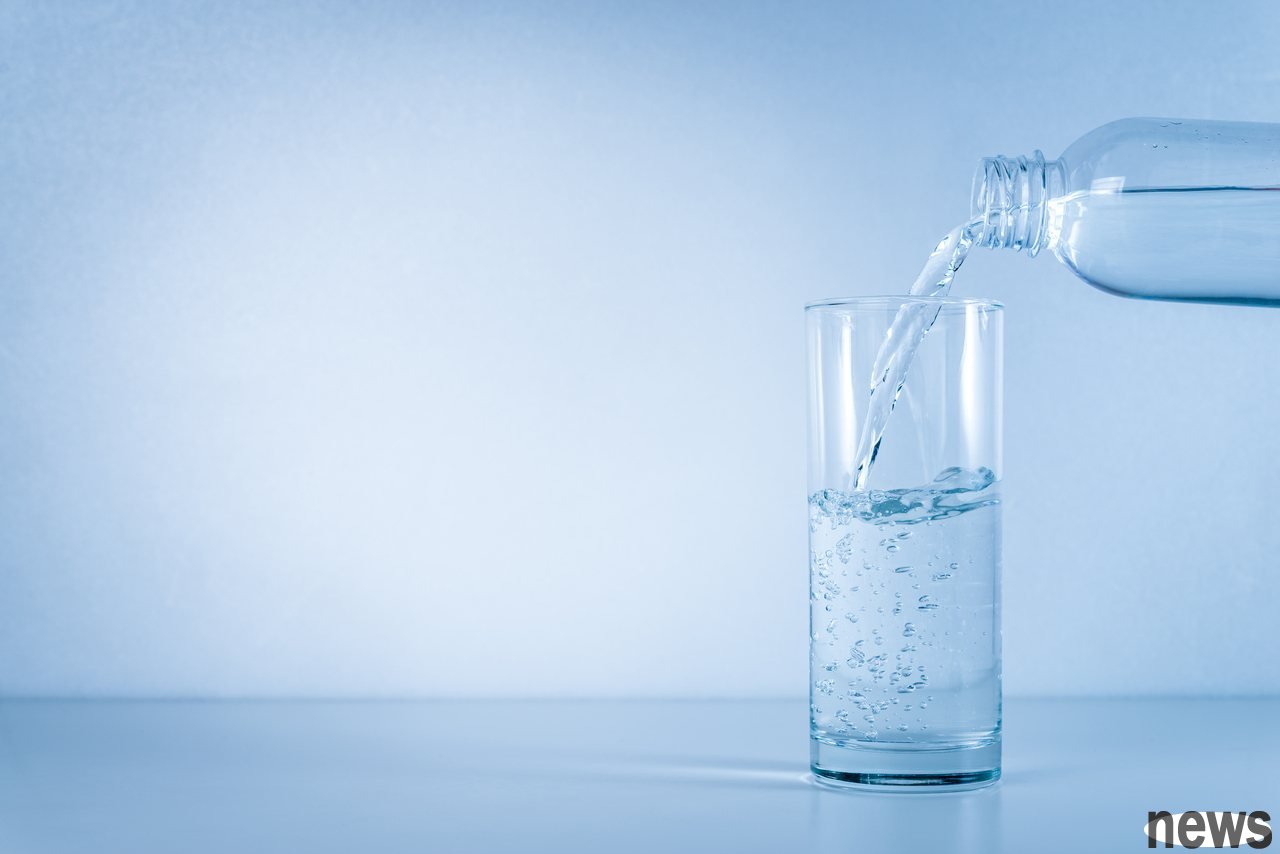
The weather is hot in summer, so you need to replenish water frequently to prevent drainage. But what will happen if you drink too much water? The following are FAQs for several questions.
What happens if you drink too much water in one sip?Joseph G. Verbalis, director of Endocrinology and Acting Department of Georgetown University, told Washington Post that what happens when you drink plenty of water depends on your own health, your activities at that time and how much you say "too much". The most likely result is that you will urinate more frequently to expel additional moisture.
Verbalis can release more than one scattered (about 950 ml) of liquid every hour in the normal brain. If you drink too much, the excess water will remain in your body, leading to hypoxia (or water poisoning) and may harm your health. Minor hypochondria causes little to no symptoms, but more severe conditions (when blood levels are below 130 millimeters) may lead to brain disorders and progressive neurologic symptoms, including mental disorders, disorientation, incision, coma, and sometimes even death.
What is hypochondriasis (water poisoning)?
According to the teaching information of the Hospital Affiliated to Taipei Medical University, under normal circumstances, the human body will automatically control the balance of water and calves, so that the ion concentration of blood calves is maintained within the range of 135-145mEq/L. However, if there is too much water and too little calves in the body, the ion concentration of calves is lower than the normal range, which is called hypothermia.
Common symptoms of hypochondria:
. Is mild hypochondria (
. Is it possible that moderate hypochondria (
may cause hypochondria?This is usually unlikely to occur in daily life. Sweating can cause gradual reflux when you go out on a hot summer day. The brain feels blood dysfunction The changes (increased concentration) and secrete the antidiuretic hormone AVP, which is transmitted to the kidney and tells the kidney to make appointments for water. As a result, the amount of urine excreted is small, very dense and dark yellow.
But at some times, urine concentration alone is not enough to prevent water loss . At this time, the higher-school trolls in the brain are activated to stimulate thirst.
When you have not drained water and have drunk too much water, the brain can also react through the opposite change in blood concentration (reduced concentration). The secretion of antidiuretic hormones is inhibited at this time, which tells the kidney to release more water. . Then a large amount of dilute urine is excreted to remove excess water, and the urine color will be very light.
However, certain conditions and activities may limit the amount of urine released by the kidney and the possibility of hypochondriasis. These include health conditions, such as antidiuretic hormone secretion Diabetes insipidus caused by deficiency, or drugs such as diuretics and anti-depressants, or even exercise.
How much water should you drink?Verbalis suggests that you should drink water during exercise or static depending on your thirst level, rather than arbitrarily set amount of water.
Ideal water intake can vary from person to person due to various factors. In some health conditions, it is recommended to increase moisture intake to avoid the formation of kidney stones.
For older people, special attention is needed because their perception of thirst will weaken. This usually does not lead to water loss, But in the case of increased moisture loss, such as sweating or abdominal distension in hot weather, they should be encouraged to drink more water even if they are not thirsty.
But for most people, drinking more than the amount of water needed to maintain a water balance is neither necessary nor medically helpful.
In fact, the suggestion of drinking eight glasses of water a day lacks evidence-based data or known physiological principles. The simplest way to tell whether you drink enough water is to have normal water if you are not thirsty. But if you are thirsty, drink enough water until the thirst disappears.